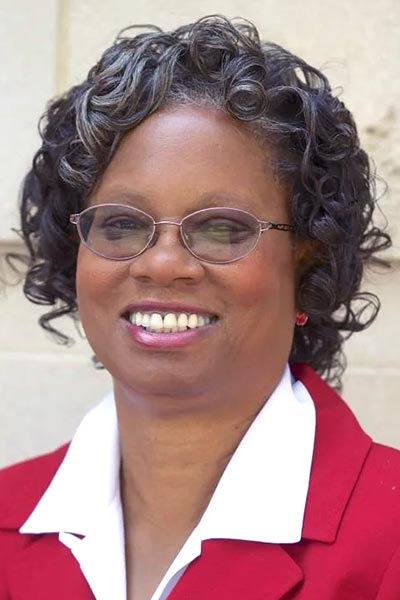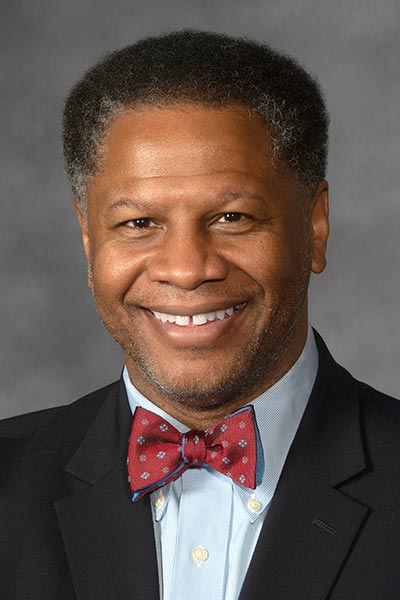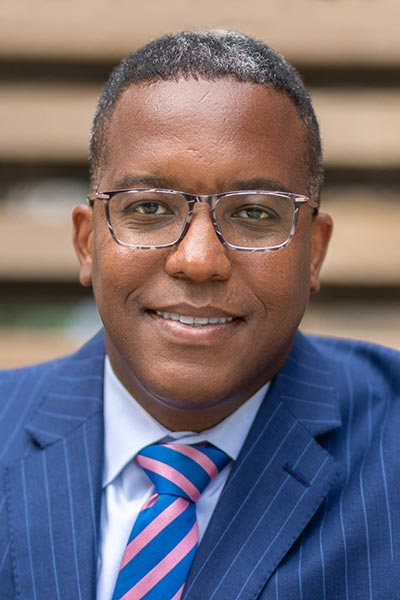Special sessions will examine impact of cancer disparities on individuals and communities
Reflecting the AACR’s ongoing commitment to addressing and overcoming disparities in cancer research and care, the Annual Meeting program includes a number of sessions highlighting cancer disparities research, including three advances in the science of cancer disparities sessions covering some of the most important topics and latest advances in the field.
Here’s a brief look at all three:

ASD03: Disparities and Cancer Outcomes
Sunday, April 16 | 1 – 2:30 p.m. ET | Room W304 A-D, Convention Center
Session Chair: Lucile L. Adams-Campbell, PhD, Georgetown Lombardi Comprehensive Cancer Center
Black and African American individuals are at increased risk for overall cancer mortality and poorer health-related quality of life, which may be attributed to earlier age at diagnosis and incidence of more aggressive tumor subtypes. The persistence of cancer mortality inequities is alarming and has prompted novel research to investigate the contribution of social determinants of health and biological factors — and sociobiologic mechanisms — that may help explain why these inequities exist.
In this session, speakers will review recent evidence connecting allostatic load with poorer outcomes among Black women and the potential for modifying allostatic load as a means of cancer risk reduction. They will also discuss recent evidence connecting genetic ancestry and poorer outcomes among head and neck cancer patients, and the potential for alternative therapeutic approaches to improve survival.

ASD01: Structure vs. Biology and the Impact on Our Communities
Monday, April 17 | 10:15 – 11:45 a.m. ET | Tangerine Ballroom 1 (WF1), Convention Center
Session Chair: Robert A. Winn, MD, Director and Lipman Chair in Oncology of the Massey Cancer Center at Virginia Commonwealth University
While biology plays a role in all types of cancer, a person’s “ZNA,” or their ZIP code where they live, is just as important to consider as DNA and may play an even greater role in health outcomes. In this session, speakers will discuss the intersection of DNA and ZNA, and how biological factors interact with social and environmental inequities to drive poorer clinical outcomes in underserved populations and communities.
“There is a collision course where the miracles of medicine and the miracles of science run into the inequities and structural barriers that get in the way of people actually getting access to the best possible therapies that we have,” Winn said. “Place and space matter, and having miracle drugs is not enough to keep people healthy. I think this session will enlighten further conversation about the intersectionality between ZNA and DNA, and how important it is that we look not just at the science going on in our laboratories, but at the science that is playing out every day in our communities.”

ASD02: Novel Approaches to Personalized Cancer Health Equity
Monday, April 17 | 12:30 – 2 p.m. ET | Tangerine Ballroom 1 (WF1), Convention Center
Session Chair: John H. Stewart, MD, Professor of Surgery and Interdisciplinary Oncology at the LSU School of Medicine and Inaugural Director of the LSU-LCMC Cancer Center
Achieving cancer health equity requires that everyone has an opportunity to engage in cancer prevention, treatment, clinical trials, and survivorship resources. In this session, panelists will discuss novel approaches to cancer health equity that extend beyond the four walls of health systems. The panelists will review the current state of cancer health equity, delineate approaches to harnessing the power of authentic community engagement, and describe strategies to overcome inequities in access to clinical trials.
“For so long, we have thought about health equity in kind of general terms,” Stewart said. “But now we have begun to understand that health equity is driven by many factors that are unique to communities and individuals. This session will pull all those factors together to provide a concise overview of where we need to address better equity in access to clinical care and equitable access to cancer clinical trials. The key takeaway is that we have to address equity through strategies rooted in eliminating societal, systematic, and person-level barriers.”
More from the AACR Annual Meeting 2025
View a photo gallery of scenes from Chicago, continue the conversation on social media using the hashtag #AACR25, and read more coverage in AACR Annual Meeting News.

